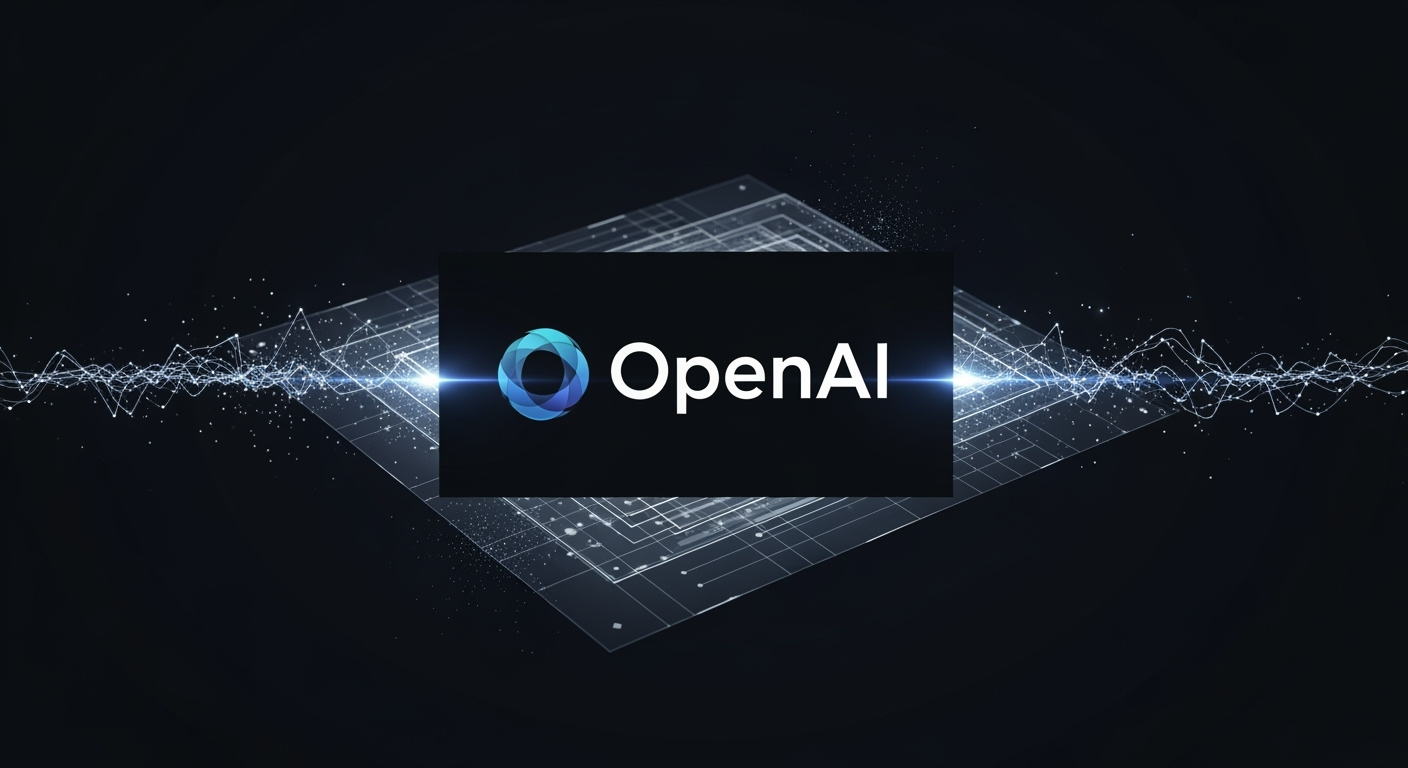OpenAI Postpones Open Model Launch Indefinitely for Safety Review

OpenAI Postpones Open Model Launch Indefinitely for Safety Review
OpenAI has once again delayed the release of its highly anticipated open AI model, marking another shift in the timeline for a project that has drawn significant attention from the global AI community. The decision was announced by OpenAI CEO Sam Altman, who cited the need for extended safety evaluations and a careful review of high-risk areas before making the model publicly available.
Why the Delay?
Originally scheduled for release this summer and already postponed once, the open model's new launch date is now uncertain. In a post on X (formerly Twitter), Altman explained, “We need time to run additional safety tests and review high-risk areas. We are not yet sure how long it will take us.” He emphasized the importance of getting the release right, especially given the irreversible nature of sharing model weights with the public.
What Makes This Release Significant?
This open model is the first of its kind from OpenAI in years and is expected to have reasoning capabilities on par with the company’s o-series models. The launch is highly anticipated, not just for its technical potential, but also because it will be OpenAI’s response to increased competition from rivals like xAI, Google DeepMind, and Anthropic—all of whom are investing heavily in their own models.
Competition Heats Up
The delay gives competitors an opening. Just this week, Chinese AI startup Moonshot AI introduced Kimi K2, a trillion-parameter open model that reportedly outperforms OpenAI’s GPT-4.1 on several advanced coding benchmarks. This move underscores the rapidly evolving landscape of open AI models and the mounting pressure on OpenAI to deliver a best-in-class offering.
What’s Next for Developers?
For developers and businesses eager to experiment with OpenAI’s latest technology, the postponement means a longer wait. Previous reports indicated that OpenAI’s open model would be designed to outperform other open models, possibly including features that allow integration with the company’s cloud-hosted AI models for handling more complex queries. However, it remains unclear if these advanced capabilities will be part of the initial release.
OpenAI’s Approach: Safety First
Aidan Clark, OpenAI’s VP of Research, reiterated the company’s cautious stance: “Capability wise, we think the model is phenomenal — but our bar for an open source model is high and we think we need some more time to make sure we’re releasing a model we’re proud of along every axis.”
Conclusion
The indefinite delay underscores the balance OpenAI seeks between innovation and responsible deployment. As the AI landscape grows more competitive, the stakes for getting open model releases right—both technically and ethically—are higher than ever.





